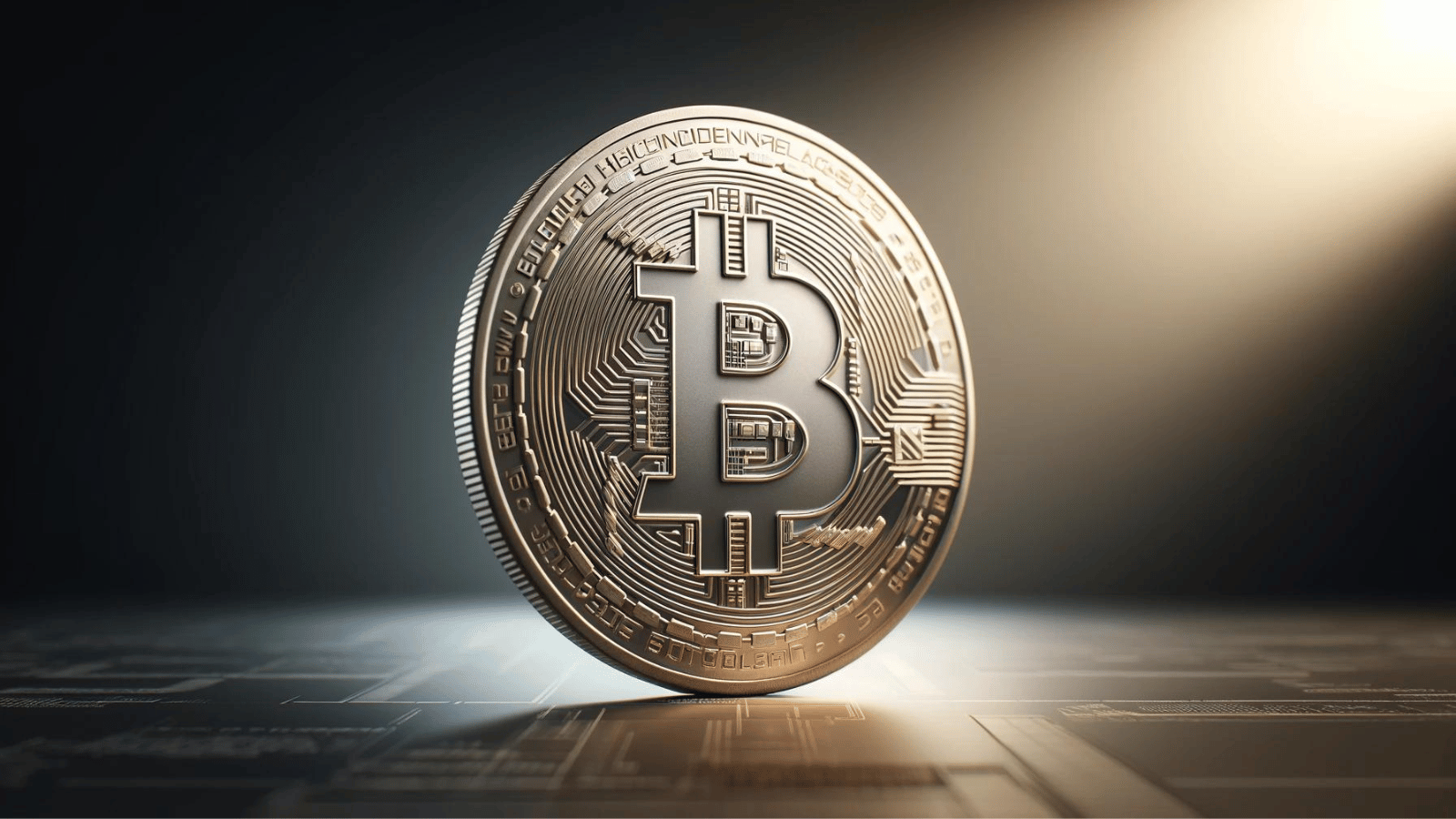
Understanding Cryptocurrency: A Beginner’s Guide
The advent of cryptocurrency marks a significant milestone in the digital age, introducing an innovative form of money that’s entirely digital. At the forefront of this revolution is Bitcoin, the world’s first cryptocurrency, which has not only sparked global interest but also paved the way for a new financial paradigm. This guide serves as an essential starting point for beginners to understand the origins, workings, and significance of Bitcoin, the pioneer of digital currencies.
The Birth of Bitcoin
In 2008, an individual or group under the pseudonym Satoshi Nakamoto introduced Bitcoin to the world through a whitepaper titled “Bitcoin: A Peer-to-Peer Electronic Cash System.” This groundbreaking concept proposed a decentralized digital currency, operating on a technology called blockchain. Unlike traditional currencies controlled by governments or central banks, Bitcoin offered a decentralized system where transactions are verified by network nodes and recorded on a publicly distributed ledger, the blockchain.
How Does Bitcoin Work?
Bitcoin operates on a decentralized network of computers, which collectively validate and record transactions on the blockchain. This technology ensures security and transparency, as blockchain is immutable and accessible to anyone. The creation of new bitcoins, through a process known as mining, involves solving complex mathematical puzzles, which also serves to verify and secure transactions.
Bitcoin’s design incorporates the principles of digital scarcity, meaning there is a finite number of bitcoins that can ever exist – capped at 21 million. This scarcity mimics precious metals like gold and plays a crucial role in Bitcoin’s value proposition.
Acquiring and Using Bitcoin
Bitcoins can be obtained in two primary ways: mining and purchasing. Mining involves using computational power to solve complex puzzles, a process that rewards miners with bitcoins. Alternatively, individuals can purchase bitcoins on various cryptocurrency exchanges using traditional currency.
Once acquired, bitcoins are stored in digital wallets, which can be hardware-based or software-based, offering different levels of security and convenience. Bitcoin transactions are conducted over the internet, enabling fast and borderless transfer of value, making it an attractive alternative for international transactions and a potential hedge against local currency devaluation.

Bitcoin’s Impact and Security
The emergence of Bitcoin has sparked significant changes in the financial sector, challenging traditional banking systems and inspiring a wave of new cryptocurrencies and blockchain-based technologies. Its growing acceptance in various sectors, from e-commerce to investment portfolios, signifies its increasing mainstream adoption.
However, the journey of Bitcoin is not without challenges. Security concerns, such as wallet thefts and exchange hacks, are prevalent, and the volatile nature of Bitcoin’s value can pose risks to uninformed investors. It’s crucial for users to understand the security measures necessary to protect their digital assets.
The Future of Bitcoin
As Bitcoin continues to evolve, it’s expected to play a more significant role in the global financial landscape. Innovations in blockchain technology and increased institutional adoption may lead to more stability and wider applications of Bitcoin.
Final Thoughts
Bitcoin, the world’s first cryptocurrency, has not just introduced a novel form of digital currency but has also set the stage for a financial revolution. As we venture deeper into the digital age, understanding Bitcoin’s principles, operations, and implications is crucial for anyone keen to stay ahead in the rapidly evolving world of digital finance. This guide serves as a springboard for further exploration into the dynamic and intriguing world of cryptocurrencies.










